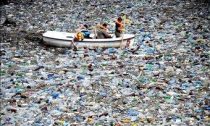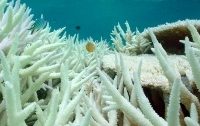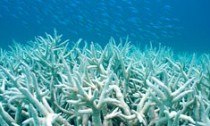
Countries with responsibility over world heritage-listed coral reefs should adopt ambitious climate change targets, aiming to cut greenhouse gas emissions to levels that would keep global temperature increases to just 1.5C, the UN agency responsible for overseeing world heritage sites has said.
At a meeting of Unesco’s world heritage committee in Kraków, Poland, a decision was adopted that clarified and strengthened the responsibility of countries that have custodianship over world-heritage listed coral reefs.
Until now, most countries have interpreted their responsibility over such reefs as implying they need to protect them from local threats such as water pollution and overfishing.
But between 2014 and 2017, reefs in every major reef region bleached, with much of the coral dying, in ...
Read More











Social Profiles